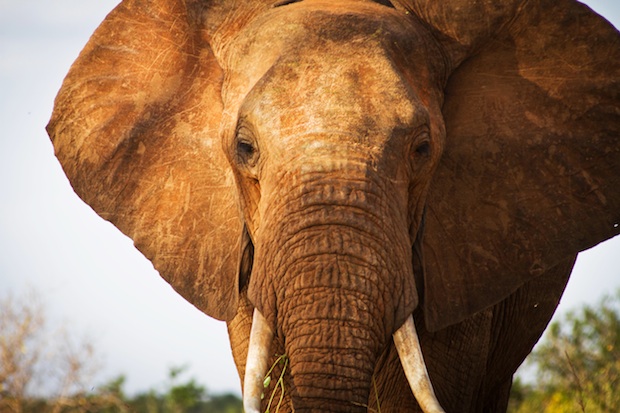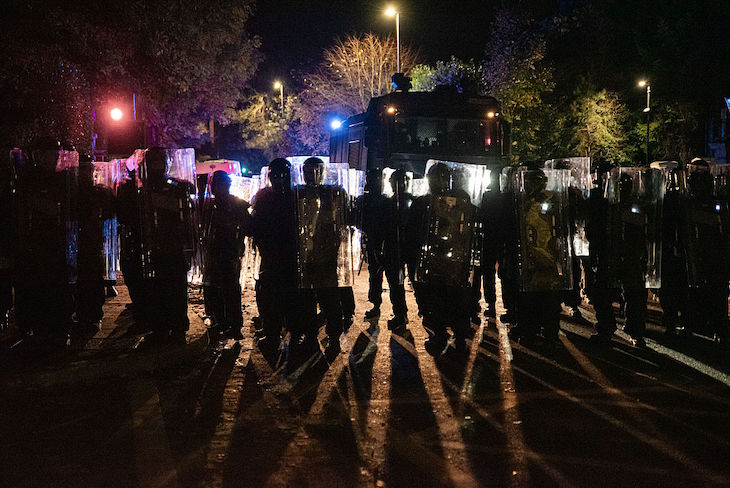Labour’s election manifesto promised to ban the importation of hunting trophies. This is part of a campaign spearheaded by animal rights activists in Britain. It is well-intentioned, and driven by a wish to protect endangered species. But it just happens to be entirely counterproductive.
Trophy hunting, when properly managed, supports wildlife conservation. It generates revenue for habitat protection and anti-poaching efforts, makes people want to protect wildlife and supports local communities. In fact, most trophies are imported from countries with stable populations of hunted species, including South Africa, Namibia, and Zambia.
It is condescending for rich British activists to tell African countries how they are meant to manage conservation and development. As Shylock Muyengwa, of communities charity Resource Africa, has said: ‘Colonialism is over – yet British politicians still forget to respect the will of African communities. We should be viewed as partners in conservation, not as British subjects that are forced to adhere to policies that please the British public who don’t have to live alongside elephants, lions or other dangerous animals.’
In response to efforts to ban the trade, Botswana’s environment minister Dumezweni Mthimkhulu threatened to send 10,000 elephants to Hyde Park earlier this year.
It is condescending for rich British activists to tell African countries how they are meant to manage conservation and development
‘I hope if my offer of elephants is accepted by the British government, they will be kept in London’s Hyde Park because everyone goes there’, Mthimkhulu said. ‘I want Britons to have a taste of living alongside elephants, which are overwhelming my country.’
But there’s another reason why the new Labour government – who have made a big song and dance about complying with international agreements – should be hesitant about proceeding with the policy. My new paper for the Institute of Economic Affairs, Elephant in the Room, shows how Labour’s ban contradicts global agreements that already manage the legal and sustainable trade in hunting trophies.
A multilateral agreement is already in place to judge whether species are threatened and, if they are, to put measures in place to mitigate this threat. The UK has been a party to the Convention on International Trade in Endangered Species of Wild Fauna and Flora (CITES) since its launch in 1976. Endangered animals require special export permits, strict assessments that the trade is not detrimental to their survival, and proof of legal purchase. With more than 180 countries participating, this convention is a widely accepted international initiative.
Importantly, the agreement recognises countries’ sovereignty in making decisions about exports. An import ban would undermine the UK’s position. If the UK is to respect the role of other parties, it should accept export permits for hunting trophies for CITES-listed species.
A trophy import ban would also undermine the new Labour government’s ‘commitment to greater multilateral action’, as they write in their manifesto manifesto, as well as their view that ‘multilateral institutions remain indispensable.’
This should include supporting the UK’s role as a party of the Convention on Biological Diversity and its current Global Biodiversity Framework (GBF). The GBF says countries must ‘ensure that the use, harvesting and trade of wild species is sustainable, safe, and legal’ and ‘ensure that the management and use of wild species are sustainable, thereby providing social, economic, and environmental benefits for people’.
Banning the import of hunting trophies would be an illiberal measure that contradicts the UK’s commitment to trade liberalisation and to the CITES measures to promote sustainable and legal trade of wild species. It would be an anti-conservation measure that undermines the ability of exporting countries and their local communities to benefit from the sustainable use of their wild species.
Rather than banning the import of hunting trophies, Labour should work with other countries and support the sustainable and legal trade of hunting trophies.







Comments